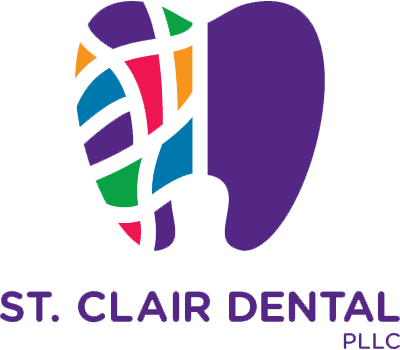Those who have children with ADHD know how difficult it can be to keep them on a routine. They can instruct their child to take care of their oral hygiene and find them still at play fifteen minutes later. Repeated requests result in the same result, with nothing changing until the parent oversees. This aspect of life with a child with ADHD repeats itself in every aspect of the child’s life. This can have enduring consequences for the child’s oral health, as it isn’t always possible to stand over them.
Oral Hygiene Problems Associated With ADHD
The above scenario may sound familiar if you have a child with ADHD. You’ve probably seen some of the long-term consequences of these behaviors. Even still, you may not be aware of the potential risks your child faces. You may also be unaware of some of the symptoms your child is experiencing that are associated with their condition. Some of the consequences for an ADHD child as it pertains to their oral health includes:
- Difficulty Maintaining A Routine – As mentioned above, one of the primary difficulties is ensuring their oral health routine is kept. Every time their oral hygiene practice needs to be done can be an hour-long struggle.
- Bruxism – Those who have ADHD are more prone to developing bruxism or teeth grinding. The long-term consequences can include greater wear and tear on the teeth. Headaches, TMJ problems, and facial/tooth pain are common.
- Poor Dietary Habits – Sugar and carbs can help ADHD children maintain their attention. This means that they rely on these treats more than other children, raising their risk of cavities.
- Cavities – Those with ADHD are 12x more likely to live with tooth decay. As a result, they have more fillings, more extractions, and more missing teeth.
- Biting and Chewing – The symptoms of ADHD may lead to your child developing poor oral habits. This includes chewing objects like pencils and pens, biting their nails, or even biting their lips.
- Oral Trauma – Hyperactivity, falling, climbing, and general unawareness of their environment leads to a greater chance of injury in ADHD children.
These symptoms can make maintaining the oral health of a child with ADHD difficult. The most effective step you can do to help your child is to work closely with your dentist. New techniques in care are developed each day that help dentists work with children like yours. They can also offer options like dental sealants to minimize the damage they experience.
How Parents of ADHD Children Encourage Dental Health?
There are a variety things parents can do to help their child with ADHD keep up their dental health. Some dentists will give children tours of the facilities or interact with the child more directly throughout their care. Important step parents can take providing the child with their medication before the visit. It’s also important that you communicate your child’s condition to the dentist before the visit. Ensuring they know about your child’s ADHD means they can properly plan their visit to make it successful.

